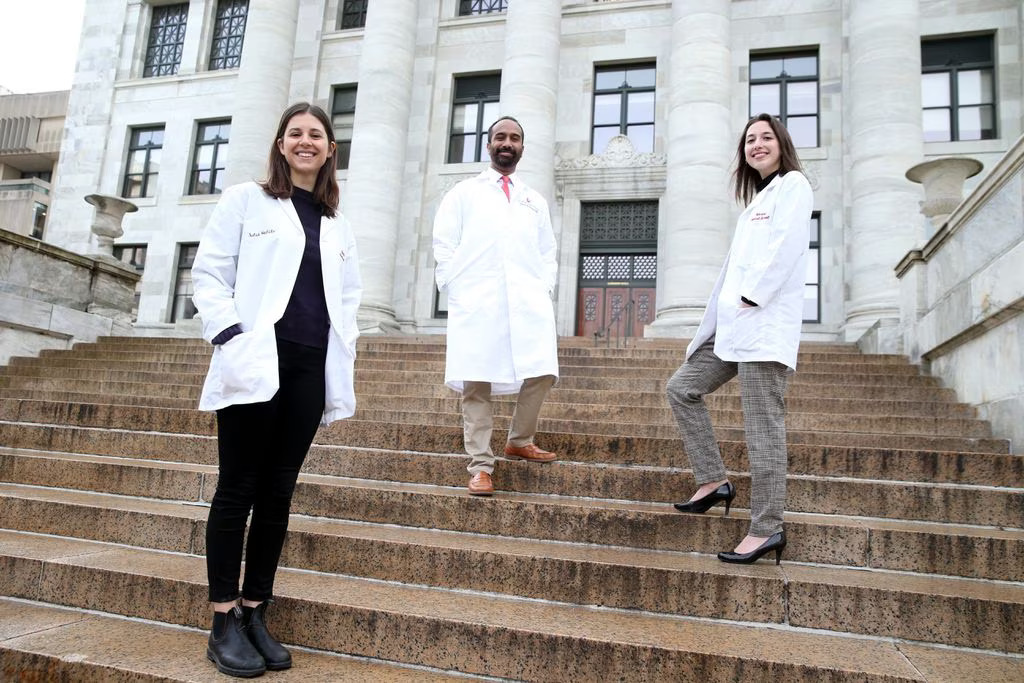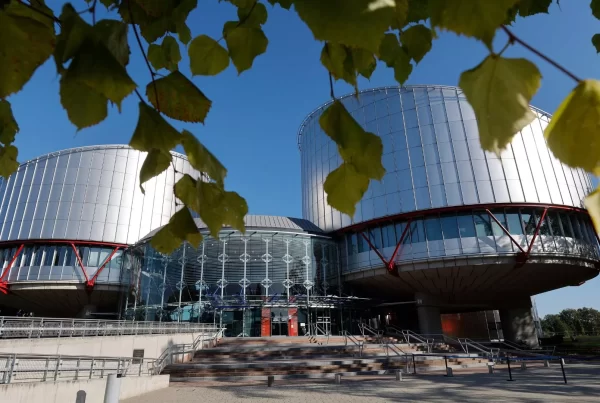Some 55 percent of US medical schools now teach students about the health effects of climate change, up from 27 percent in 2019.
Raised by two psychologists, Madeleine Kline had wanted to become a doctor since she was little. And when she learned in high school how human activity was fueling climate change, she concluded “it felt fundamentally like a health problem.”
So it seemed the most natural thing for her to go into medicine. And once at Harvard Medical School, she combined her two interests to help produce a novel undertaking at the 350-year-old institution: embed teaching about the effects of climate change into all four years of the medical degree curriculum.
“I realized that the world then,” she said of her youth, “was not the world that I was going to inhabit as an adult or raise my children in. And, if I wanted to help take care of people, I needed to understand the challenges my patients were going to face.”
Now in her third year, Kline was among a small group of students and faculty who helped convince school leaders to adopt the new curriculum, which was approved earlier in January. It will include instruction on the effects of climate change on human health, the role health care systems play in contributing to climate change, and how physicians can work to be part of the solution.
Ver toda a notícia: https://www.bostonglobe.com/2023/01/20/metro/harvard-medical-school-votes-embed-climate-change-its-curriculum/




